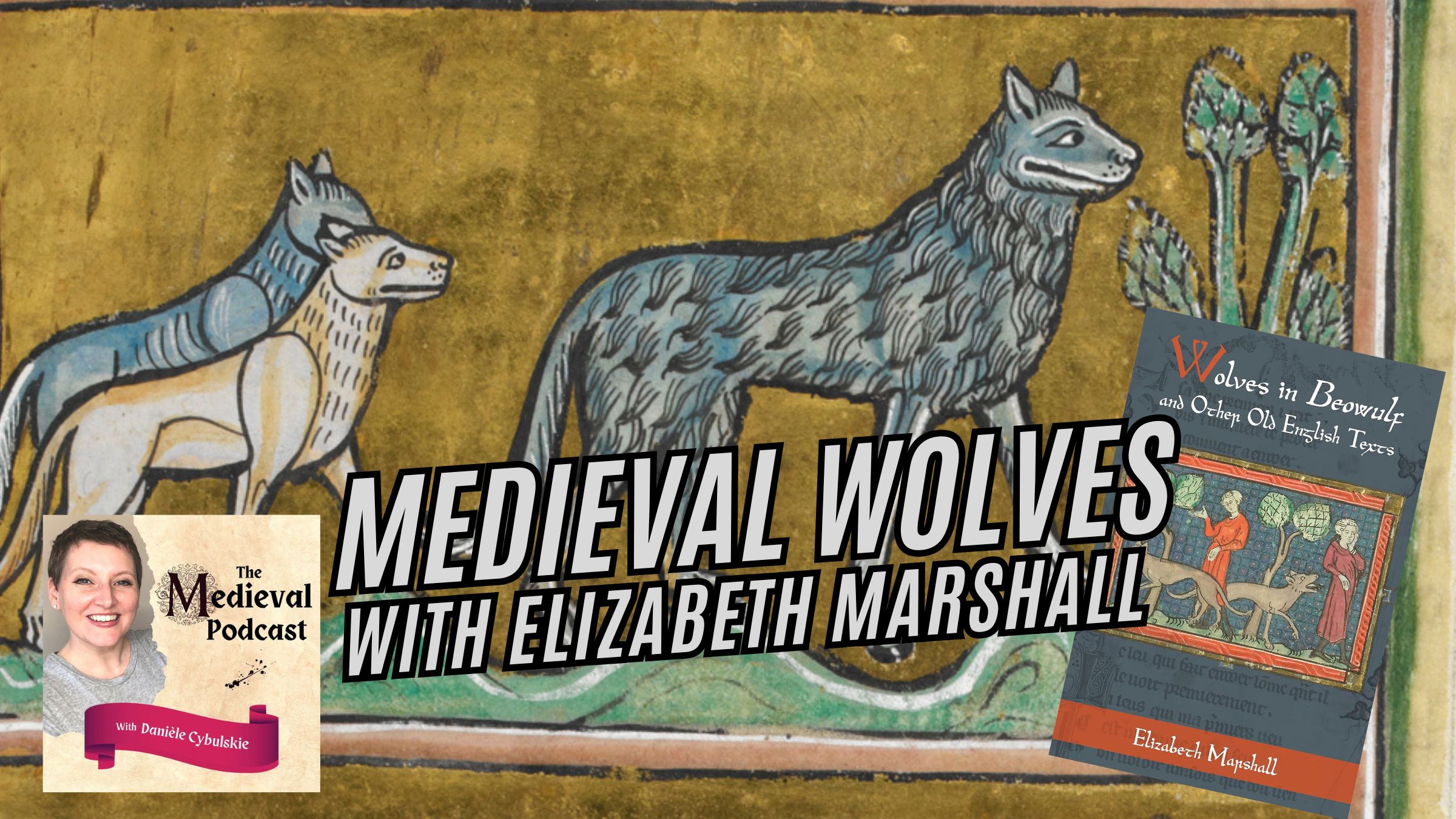
"In the dark forests of the Middle Ages - and the modern stories we tell about it - lurks a powerful, beautiful predator. Sometimes big and bad, sometimes a figure of admiration, the medieval wolf was such a big part of English culture, that it found its way not just into stories, but into the language itself. This week, Danièle speaks with Elizabeth Marshall about where we find wolves in medieval sources."
"how early English writers saw them, and how wolves both add to - and steal - language. Elizabeth Marshall, who did her PhD at the University of St Andrews, is a leading expert on wolves in the Middle Ages. Check out her website, Words on Wolves Elizabeth's new book is Wolves in Beowulf and Other Old English Texts The creator and host of The Medieval Podcast is Danièle Cybulskie."
Medieval wolves inhabited dark forests and held a prominent place in English cultural imagination. Perceptions of wolves varied widely, ranging from feared predators to admired embodiments of power and beauty. Wolves appeared across narratives and everyday speech, supplying metaphors, idioms, and specific lexical items. Early English commentators and storytellers shaped and recorded beliefs about wolf behavior and symbolism. The presence of wolves in both lived experience and representational forms created durable linguistic traces. Scholarly attention connects cultural representation, ecological reality, and language change to reveal how wolves influenced medieval English thought and vocabulary.
Read at Medievalists.net
Unable to calculate read time
Collection
[
|
...
]